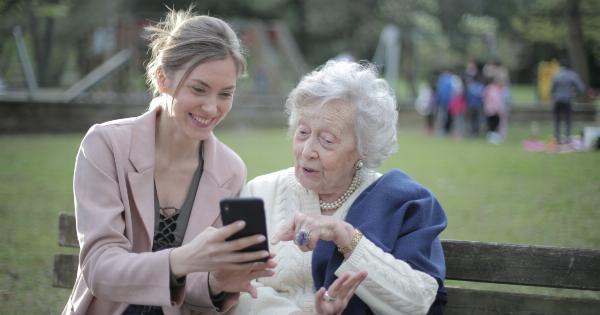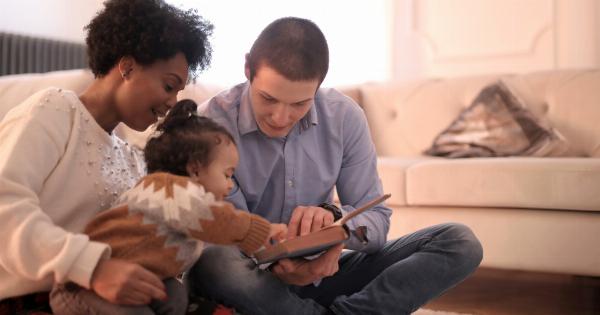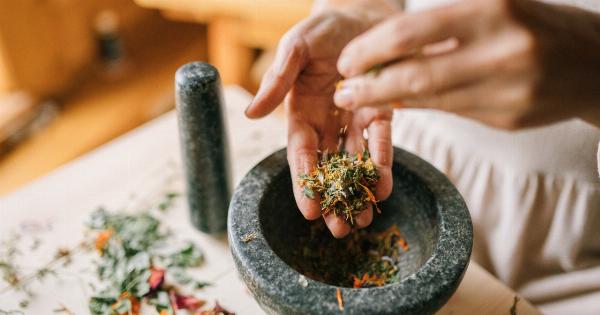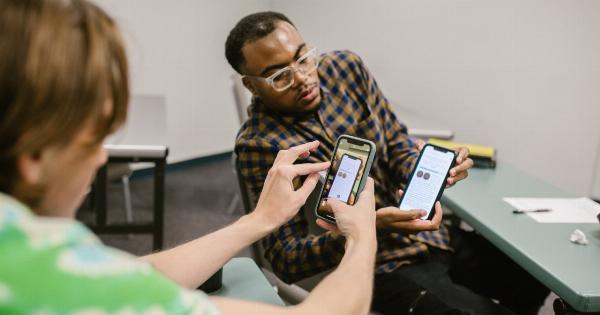Love and relationships can be complex and often leave us confused. Amidst the chaos of emotions and mixed perspectives, trusting your instincts becomes crucial in matters of the heart.
Whether it’s choosing a partner, making relationship decisions, or understanding where you stand, listening to your inner voice can guide you towards a path of happiness and fulfillment. In this article, we explore the importance of trusting your instincts when it comes to matters of the heart.
Understanding Instincts: The Power Within
Instincts are often referred to as gut feelings or intuition. They are those deep-seated emotions and sensations that arise without conscious reasoning.
Trusting your instincts means relying on your innate wisdom and allowing it to guide you, especially when it comes to matters of love and relationships. While it’s essential to analyze and consider various factors, your instincts often possess the ability to cut through the noise and provide clarity.
Intuition vs. Overthinking: Striking the Balance
Trusting your instincts isn’t about ignoring logic or being impulsive. It’s about striking a healthy balance between your intuition and rational thinking.
Overthinking can cloud your judgment, leading to indecisiveness and missed opportunities. On the other hand, solely relying on instincts without considering external factors can lead to impulsive choices. By finding the equilibrium, you can tap into the power of your intuition while weighing logical aspects.
Recognizing Signs: Harnessing Your Intuition
Trusting your instincts requires the ability to recognize and interpret the signs your intuition presents.
These signs may manifest in various ways; for some, it could be a physical sensation like a knot in the stomach or a racing heart when something doesn’t feel right. For others, signs may appear as persistent thoughts, dreams, or even synchronicities in their daily lives. By developing self-awareness and mindfulness, you can attune yourself to these signs and make better decisions for your heart.
Nurturing Self-Trust: Building a Strong Foundation
Trusting your instincts begins with nurturing self-trust. Building a strong foundation of self-confidence and self-worth empowers you to rely on your instincts. Embrace self-reflection and introspection to understand your values, desires, and boundaries.
By knowing yourself deeply, you can cultivate trust in your instincts and use them as a compass in matters of the heart.
Testing the Waters: Instincts and Early Relationship
Trusting your instincts early in a relationship is pivotal. It’s during this phase that red flags or doubts may arise.
While it’s normal to have some apprehensions, it’s essential to distinguish between genuine concerns and baseless fears. Your instincts can help you discern whether a relationship has the potential to flourish or if there are underlying issues that need addressing.
Pay attention to how you feel when you’re with your partner, and trust your instincts to guide you towards making informed decisions.
Breaking Free from Toxic Relationships
Letting go of a toxic relationship can be one of the most challenging decisions. However, trusting your instincts in such situations is essential for your emotional well-being.
Toxic relationships drain your energy, diminish self-esteem, and hinder personal growth. If something feels consistently off in your relationship, your instincts will often alert you to the toxicity. Listen to that inner voice, acknowledge the signs, and have the courage to break free.
Communication and Trust: A Symbiotic Connection
In matters of the heart, trust and communication go hand in hand. While trusting your instincts is crucial, it’s equally important to communicate with your partner openly and honestly.
Sharing your thoughts, fears, and perceptions can help both parties understand each other better. Trusting your instincts doesn’t mean shutting down communication; it means using your intuition as an additional source of insight to enhance the connection.
Embracing Vulnerability: Love and Trust
Vulnerability is an inherent part of love and relationships. Trusting your instincts involves embracing vulnerability and being open to new experiences.
While it can be scary to let your guard down, allowing yourself to be vulnerable allows a deeper connection to form. Your instincts can guide you in recognizing when it’s safe to open up and when it’s necessary to protect yourself. Trusting your instincts helps you find the courage to love wholeheartedly while maintaining your emotional well-being.
Learning from Past Experiences: Wisdom of Your Instincts
Our past experiences shape who we are and how we perceive love and relationships. Trusting your instincts means tapping into the wisdom gained from these experiences.
If a similar scenario arises, your instincts can alert you to potential pitfalls or red flags that you once may have overlooked. By learning from the past, you can navigate your way through relationships with more clarity and confidence.
Trusting Love, Trusting Yourself
Trusting your instincts in matters of love isn’t only about trusting others; it’s about trusting yourself. Your inner voice serves as a guide to help you make choices aligned with your heart’s desires.
By honoring and respecting your instincts, you empower yourself to create relationships that bring joy, fulfillment, and growth. Trusting your instincts ultimately leads to trust in love itself and your ability to navigate the beautiful, yet sometimes challenging, terrain of the heart.





























